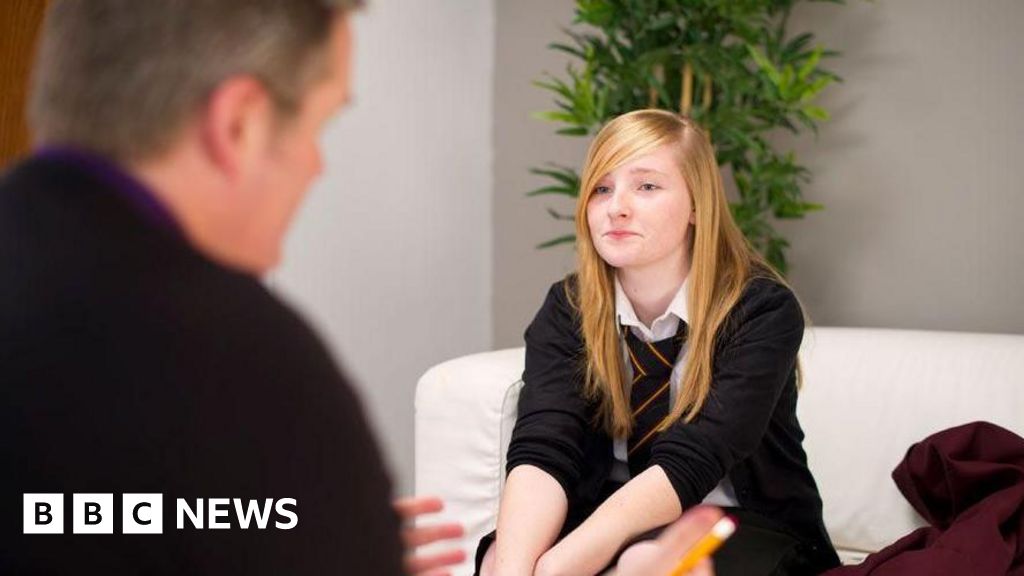ARTICLE AD BOX
By Malu Cursino
BBC News
Image source, Getty Images
Rolling out booster jabs to younger age groups could lower Covid infection rates in the UK, the scientist whose modelling led to the first nationwide restrictions has suggested.
Across Europe, Covid restrictions are being reintroduced due to a rise in infection rates.
The UK recorded 40,375 new Covid-19 cases and 145 deaths on Friday.
But Professor Neil Ferguson said the country was unlikely to get a "catastrophic winter wave".
In September, the government's scientific advisers recommended everyone over 50 should be offered a third dose of a Covid vaccine, along with front-line medical staff and younger adults with some underlying health conditions. The rollout began later that month,
Prof Ferguson, head of the modelling group at Imperial College London, told BBC Radio 4's Today Programme he saw "no reason why we shouldn't be rolling them out to younger age groups, once we've got through the priority groups, the over 50s and the clinically very vulnerable".
He said, according to modelling carried out by his group and at the London School of Hygiene and Tropical Medicine, rolling out booster jabs to younger age groups "could make quite a big difference to driving down transmission to low levels".
However, Prof Ferguson added this would be a decision for the Joint Committee on Vaccination and Immunisation (JCVI) committee to make.
Who is eligible to get the booster jab?
People are eligible for a booster jab in the UK if:
- They are aged 50 or over
- They are over-16 with a health condition that places them at high risk
- They are a front-line heath or social care worker
It must also have been six months (182 days) since their second dose.
Rules about who is eligible for a booster are the same throughout the UK.
In Scotland, people will be able to book boosters online from later this month. In Wales and Northern Ireland people will be invited to book an appointment and for most people this will happen at least six months after their second jabs.
Prof Ferguson said he thought the UK was unlikely to experience a "catastrophic winter wave at this point". He said "we are in a very different place from last year" and "the vaccination is having a huge effect" in the population's immunity levels.

 3 years ago
116
3 years ago
116








 English (US) ·
English (US) ·